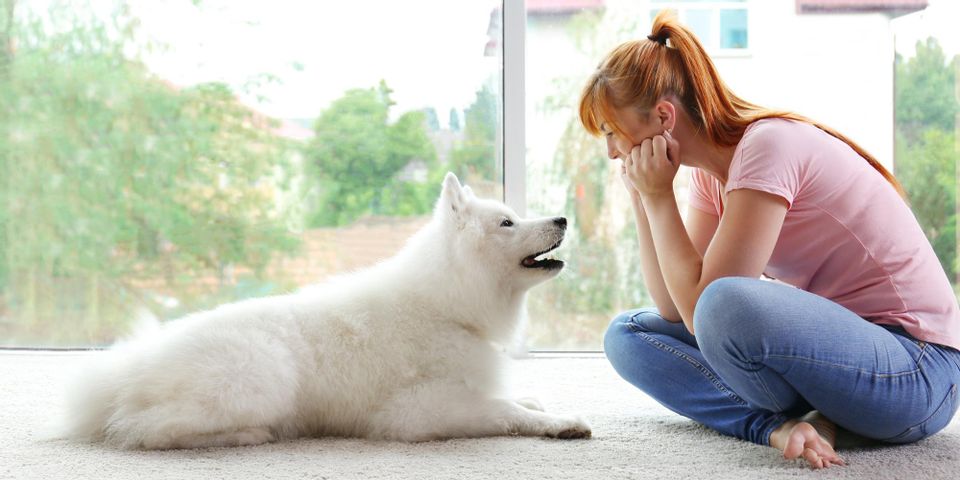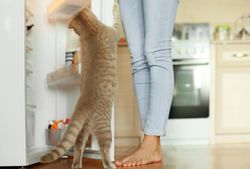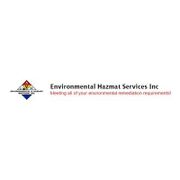
Every pet owner needs to understand the importance of mold removal in the home. If this substance grows inside the house, it negatively affects your four-legged friend’s health. Here’s what to know to ensure their safety.
Why Is Mold Dangerous for Pets?
Studies have shown that mold growth inside a home can trigger severe reactions when inhaled or eaten by your pets. That’s because certain strains of mold, such as the common black mold, produce harmful mycotoxins.
When your pets inhale these mycotoxins, it can cause fever, lethargy, sneezing, and tremors. It also affects their respiratory system, which can result in rapid breathing and coughing. If your pets eat the mold, they could have digestive symptoms, including loss of appetite, vomiting, and noticeable changes in the stool.
Many of these symptoms resemble those of other health problems, so if you notice any of them, take your pets to the veterinarian for a checkup immediately to get a diagnosis and treatment options.
How to Protect Pets From Mold
 If you suspect your home has mold, schedule mold removal services immediately to minimize the risk of exposure for your pets. Once the mold is eliminated, there are preventative measures you can take to protect them.
If you suspect your home has mold, schedule mold removal services immediately to minimize the risk of exposure for your pets. Once the mold is eliminated, there are preventative measures you can take to protect them.
Since mold requires a humid environment, fix any leaks in your plumbing system and ensure your home has adequate ventilation. Keep pet food stored in sealed containers placed in cold, dry areas to keep mold from growing on it and being eaten. Similarly, keep pets out of the trash, where there might be moldy food.
Wash food and water bowls regularly with hot water and let them dry completely to prevent mold from growing on them. Keep pets out of areas of the home where mold is most likely to grow, including crawlspaces, basements, and attics.
If you’ve found mold growing in your home, contact the team at Environmental Hazmat Services in Ashford, AL. These certified mold removal specialists are trained to find and remove the mold growths in your home, clean the affected areas, and set up preventative measures to prevent future problems. Schedule an appointment by calling (334) 702-1603, or visit their website for more information on their services.
About the Business
Have a question? Ask the experts!
Send your question

